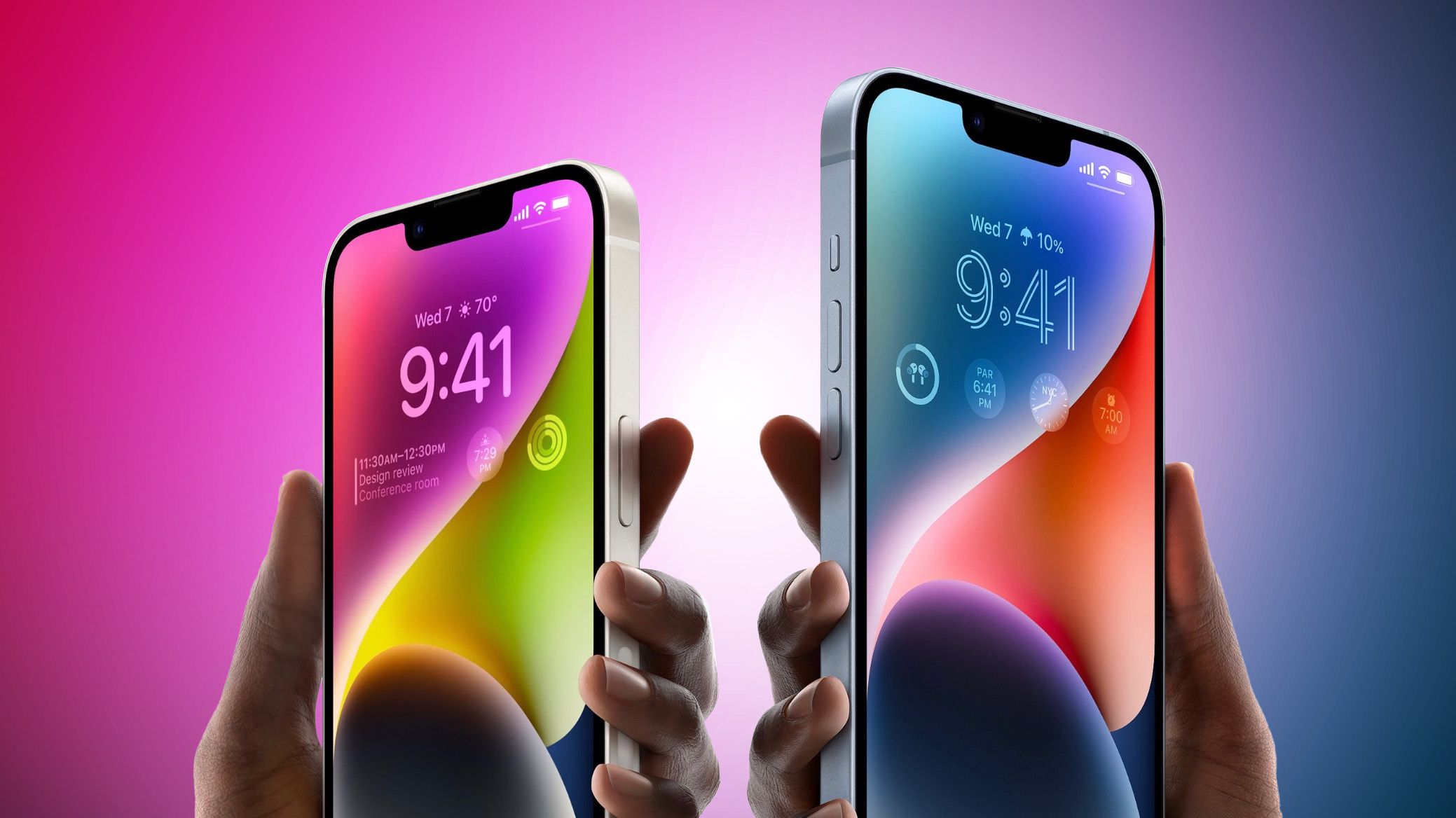I'm really not sure how that would work in real life. Apple is the most recognizable brand in the world. Who would buy an iPhone without visiting www.apple.com to learn about price, colors, and availability? Even if they visit a carrier store, the store would offer the iPhone 12 mini as well.
If a customer wants to buy an iPhone, they would have come across info about iPhone 12 mini, either online or in-store.
Everyone knows the iPhone name, but their idea of the breakdown of models is probably somewhat vague—something like best, cheapest, and maybe something in the middle. So when it comes time to get a new phone, or if they’re instigated by an ad, they’re going into the store or website with the intent of getting one of the iPhones that they’re aware of. It’s not that easy to grab someone‘s attention with a different product at that point. When I go into an Apple store, I pay attention to almost everything because I’m very interested in everything. But in almost any other store, if I know what I want, then I go in with blinders on, get my thing, and get out. I don’t pay attention to ads or other products. I think that’s probably how it is for most people when they go to buy an iPhone. Not all, but probably most.






